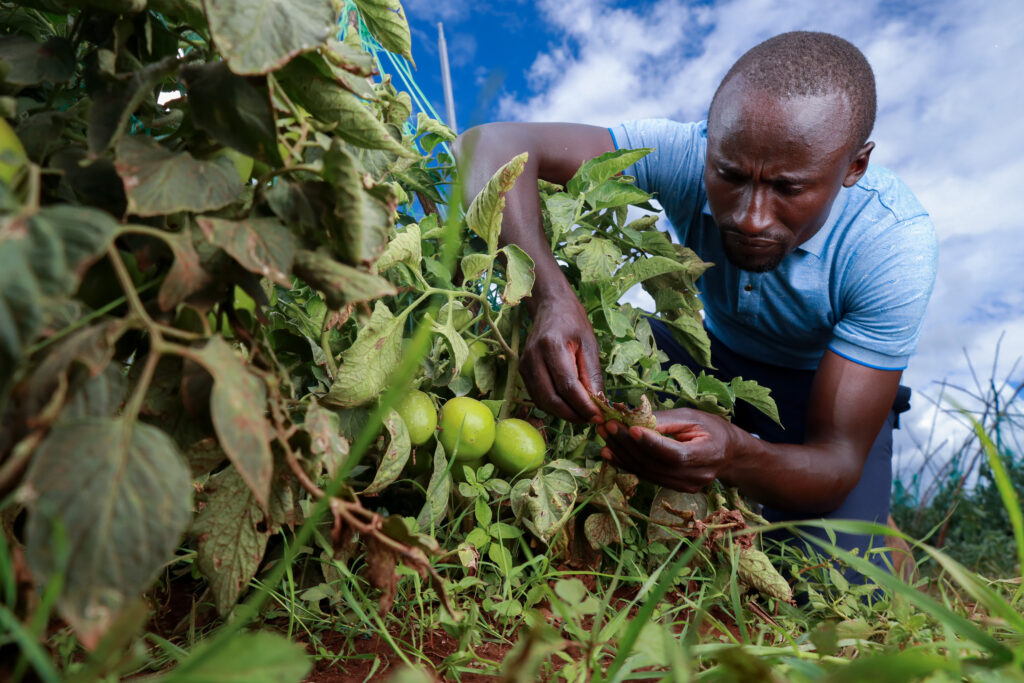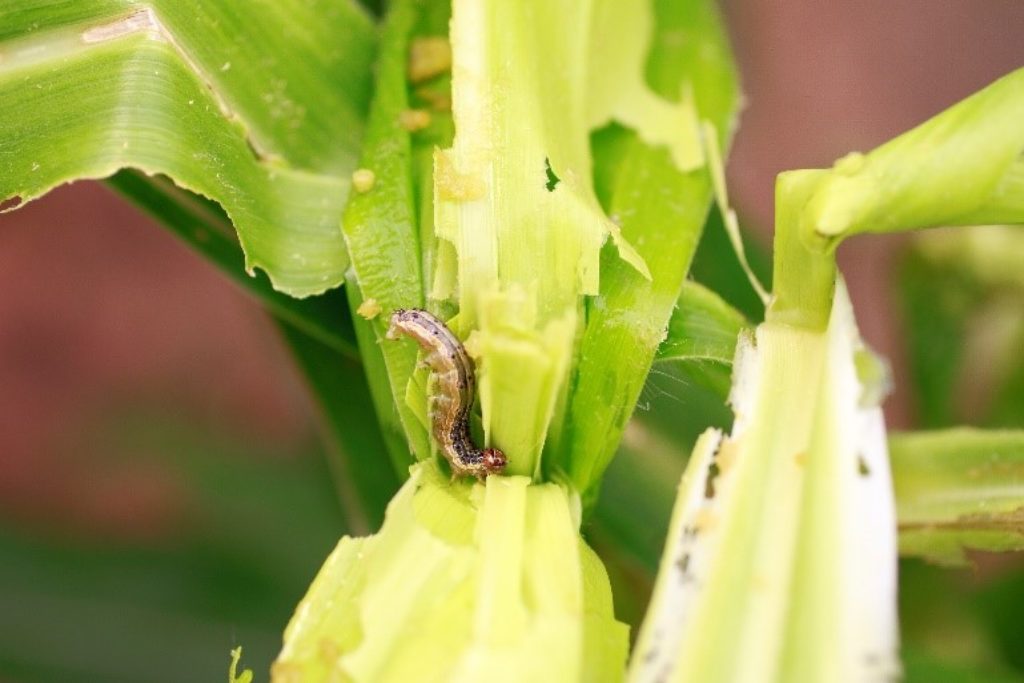Early pest warnings and IPM advice are improving food security for maize farmers in Ghana
Pest warnings are changing the way that smallholders in Ghana farm. Smallholder maize farmers in Ghana have long grappled with the challenges posed by crop pests. Over the past few years, this has included the notorious fall armyworm. This voracious invader has, in the past, led to significant crop losses. And the losses have impacted…
Biological controls viable alternative to pesticides for rice farmers in China
Between 2011 and 2015, CABI set up 22 Trichogramma rearing facilities as part of a project to promote the use of biologically-based Integrated Pest Management (IPM) for rice and maize crops. In addition to creating the Trichogramma rearing facilities, IPM strategies for rice and maize were developed in Southwestern China, Laos and Myanmar.
Philippine farmers worst hit by Typhoon Mangkhut
Typhoon Mangkhut (local name: Ompong) recently swept across the northern island of Luzon, Philippines, severely affecting the country’s bread basket. According to the National Disaster Risk Reduction and Management Council, approximately 171,932 farmers have suffered as a consequence of the storm.
Farmers Need Long-Term and Short-Term Solutions to Combat Fall Armyworm in Kenya
Reblogged from Farming First. From a distance, Wycliffe Ngoda’s two acres of shiny green maize crops look healthy and lush. But the tell-tale holes in the leaves and debris on the stems give away an increasingly dangerous secret hidden in more and more maize fields across Kenya and sub-Saharan Africa. The rampant Fall Armyworm caterpillar is…
The Life Cycle of Fall Armyworm
The Fall armyworm, Spodoptera frugiperda, is a major invasive pest in Africa. It has a voracious appetite and feeds on more than 80 plant species, including maize, rice, sorghum and sugarcane. Another feature which makes it an incredibly successful invasive species is its ability to spread and reproduce quickly. CABI have developed a poster to…
CABI leads rapid identification of Fall Armyworm
Identifying armyworms usually involves taking the larvae that have caused the damage, waiting for them to develop in to adults and then studying the body and markings of these adults to identify the species collected. This process causes delays to identification, and could therefore delay action for what are some of the most ravaging crop…
The perfect storm – how drought is hitting crops hard
Last year, one of the strongest El Niño events ever recorded caused significant changes to weather patterns around the world. Southern and Eastern Africa were hit particularly hard and suffered some of the worst drought conditions for decades, with as little as a quarter of the expected rainfall in the last few months of the…
Update: Plant Health News (21 Oct 15)
Here’s a taste of some of the latest stories about plant health, including how technology could increase Citrus yields in Pakistan by 30%, what scientists in Kenya are doing to eliminate devastating wheat rust and a global maps of the gap between potential and actual yields of wheat and maize. Click on the link to read…
Factsheet of the month: October 2015 – Grain storage in metal silos against insect pests
Last week, 193 Member States of the United Nations adopted the new Sustainable Development Agenda to end poverty by 2030. This came at the beginning of a three-day Summit on Sustainable Development during which focussed on implanting changes that will see the Agenda achieve its ambitious aims. The Agenda, consisting of 17 Sustainable Development Goals…







